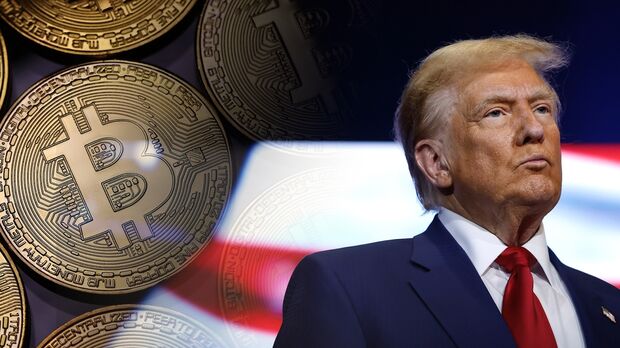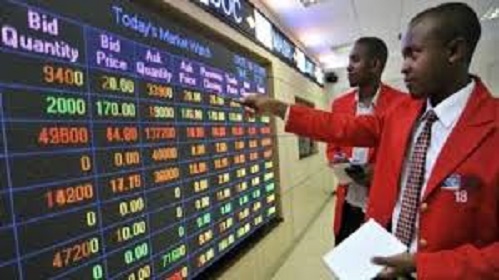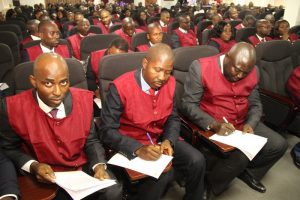
The International Energy Agency (IEA), on Tuesday in Johannesburg, South Africa, unveiled its Africa Energy Outlook 2019, a new report showing that Africa’s economy can achieve a fourfold expansion by growing energy demands by just 50%.
The report published on the first day of the second African Investment Forum, identified the continent’s growing population, the rapid increase in urbanisation and industrialization as three factors that will determine its future energy consumption.
According to Kieran McNamara, an analyst at IEA, these three factors will have “profound effects on Africa’s energy mix and how the economy develops.”
The IEA report, which for the first time involved detailed modelling of the energy mix for 11 Sub-Saharan Africa countries: Angola, South Africa, Democratic Republic of Congo, Kenya, Tanzania, Ethiopia, Côte d’Ivoire, Mozambique, Nigeria and Senegal, noted that Africa’s future energy prospects look bright, only if governments can make the shift to more renewable energy sources.
The projected energy mix needed for Africa will be very different from the current one, with countries moving away from biomass and fossil fuels to renewable sources of energy.
IEA’s analysis estimates that about 600m Africans lack access to electricity, a situation that has improved since 2013, even as Wale Shonibare, Acting Vice President of Power, Energy, Climate and Green Growth noted the need to realize the scale of the emergency by properly dimensioning the problem so as to effectively address it.
To start addressing the problem, he added, “data is extremely important.”
For Tae-Yoon Kim, another analyst at IEA, Africa also needs to radically increase its investment in power generation from the current $30bn to $120bn by 2040, if it is to achieve universal access to electricity.
If countries on the continent do not change current policies on energy use, Africa will not achieve the African Development Bank’s target of universal electricity by 2030, the report stressed, according to a statement.
Kenya is one country where universal access to electricity could become a reality by 2022 if it continues with its current policy that has brought a large number of renewables into the energy mix, while Ethiopia could follow suit towards the end of the decade.
The African Development Bank and the IEA, an autonomous agency aiming to improve the world’s energy markets, participated in a high-level side event during the African Investment Forum 2019. Other participants included the European Commission, the African Union Commission, and the African Energy Commission.
Discussions were based on the African Development Bank’s “Light Up and Power Africa” strategy, through which the bank hopes to build knowledge of the African energy sector and assist in achieving universal access to electricity on the continent. Governments, utilities, regulators, and investors will hopefully use this knowledge to help them grow energy sectors while reducing costs. The availability of quality data will improve African countries’ abilities to make informed energy policy decisions and to provide private investors with valuable market analysis.
Through the New Deal on Energy for Africa (NDEA), the AfDB has positioned itself to lead Africa’s energy transformation. The NDEA is a partnership-driven effort launched in 2016, which aims to achieve universal access to electricity in Africa by 2025.
The Africa Investment Forum (AIF) brings together project sponsors and investors, borrowers, lenders, policymakers, and public and private sector investors, to promote Africa’s investment opportunities.
The Forum, which opened on Monday, November 11 and runs till Wednesday 13th.
Photo caption: Ekiti State Governor, Dr. Kayode Fayemi (left), his Cross River State counterpart, Prof. Ben Ayade (second left) at the ongoing African Investments forum holding in Sandton South Africa. With them are AfDB Group President, Dr. Akinwunmi Adesina (fourth right).














